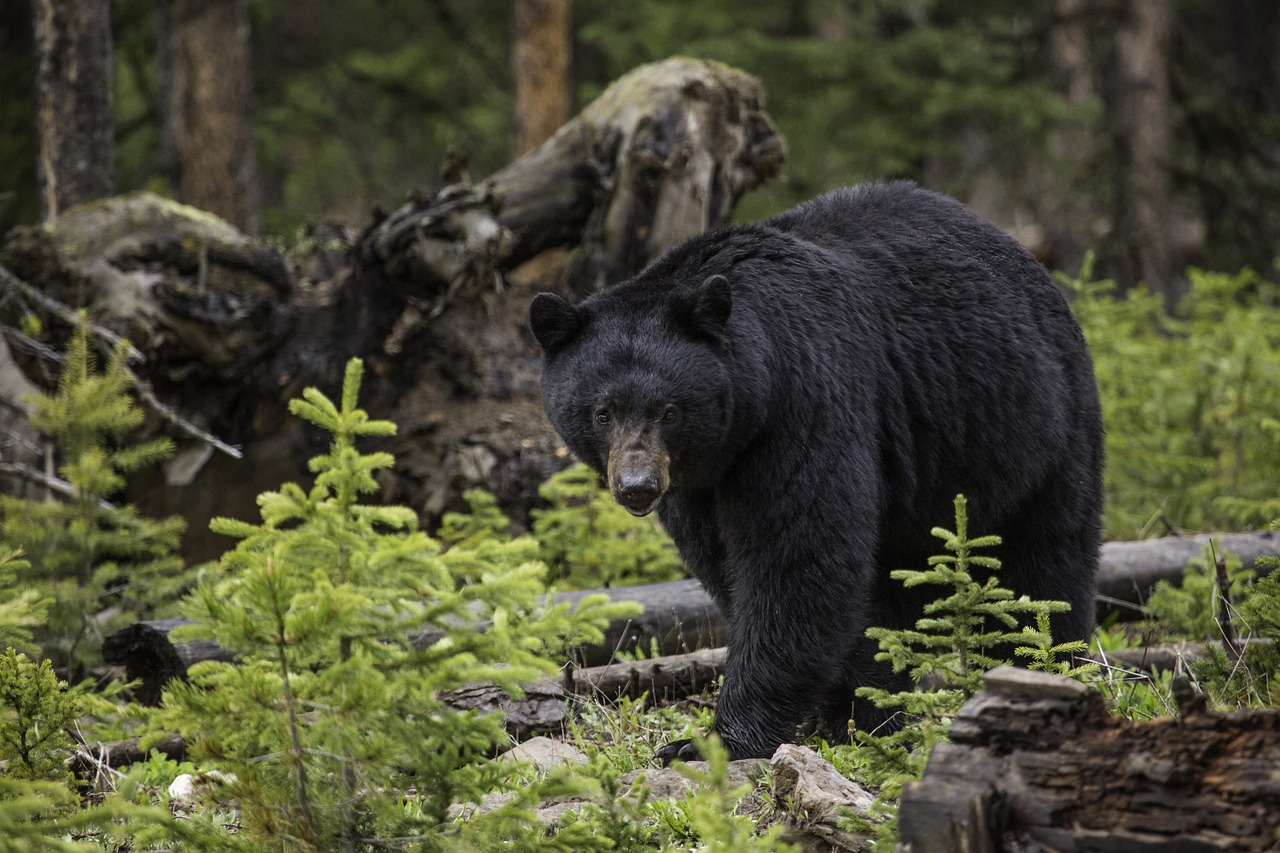Does a bear poop in town, and how is it different when a bear poops in the woods?
That’s the question the College of New Caledonia’s Forest Research team is trying to answer.
The team is researching the topic, hoping to gain insight into the health and behaviour of urban bear populations versus the bears that live outside of the City.
CNC Research Assistant Vanessa Uschenko is co-leading the study with Dr. Laura Graham from the CNC Biology department.
It’s also being done in partnership with the Northern Bear Awareness Society and with support from the BC Conservation Officer Service.
“I’m excited to be working together with Dr. Graham as she has years of experience to help us analyze the feces samples for hormones related to sex, stress and metabolism,” Uschenko said.
“Our goal is to better understand what drives bears to enter the City. We can use that data to help inform wildlife management and conservation strategies that mitigate human-bear conflict.”
The research team is also turning to the public for help in gathering the fresh feces.
PG residents can help by sending a photo of the feces, along with the location to (778)-349-4813, and someone will come collect it.
For residents that want to help and get their hands dirty can collect the poop themselves using a dog poop bag, and drop it off at the designated fridge located by the geodome greenhouse along the stairs by the ATCO trailer at the College’s Prince George campus.
Those taking the hands on approach are asked to photograph the sample, collect as much of it as possible, and label it with the date and general location of the sample.
“Bear feces are usually tubular in shape, like dog feces, but they can range in size from 4 to 12 inches and can vary depending on the bear’s diet,” Uschenko said.
“Look for berry seeds, undigested plant matter or, unfortunately, garbage. If you are unsure about the type of feces you have, you can send us a photo, and we’ll let you know.”
The samples will be accepted until late October when bears enter hibernation, and the team is hoping to share preliminary findings with the public by early spring.
Something going on in the Prince George area you think people should know about?
Send us a news tip by emailing [email protected].







